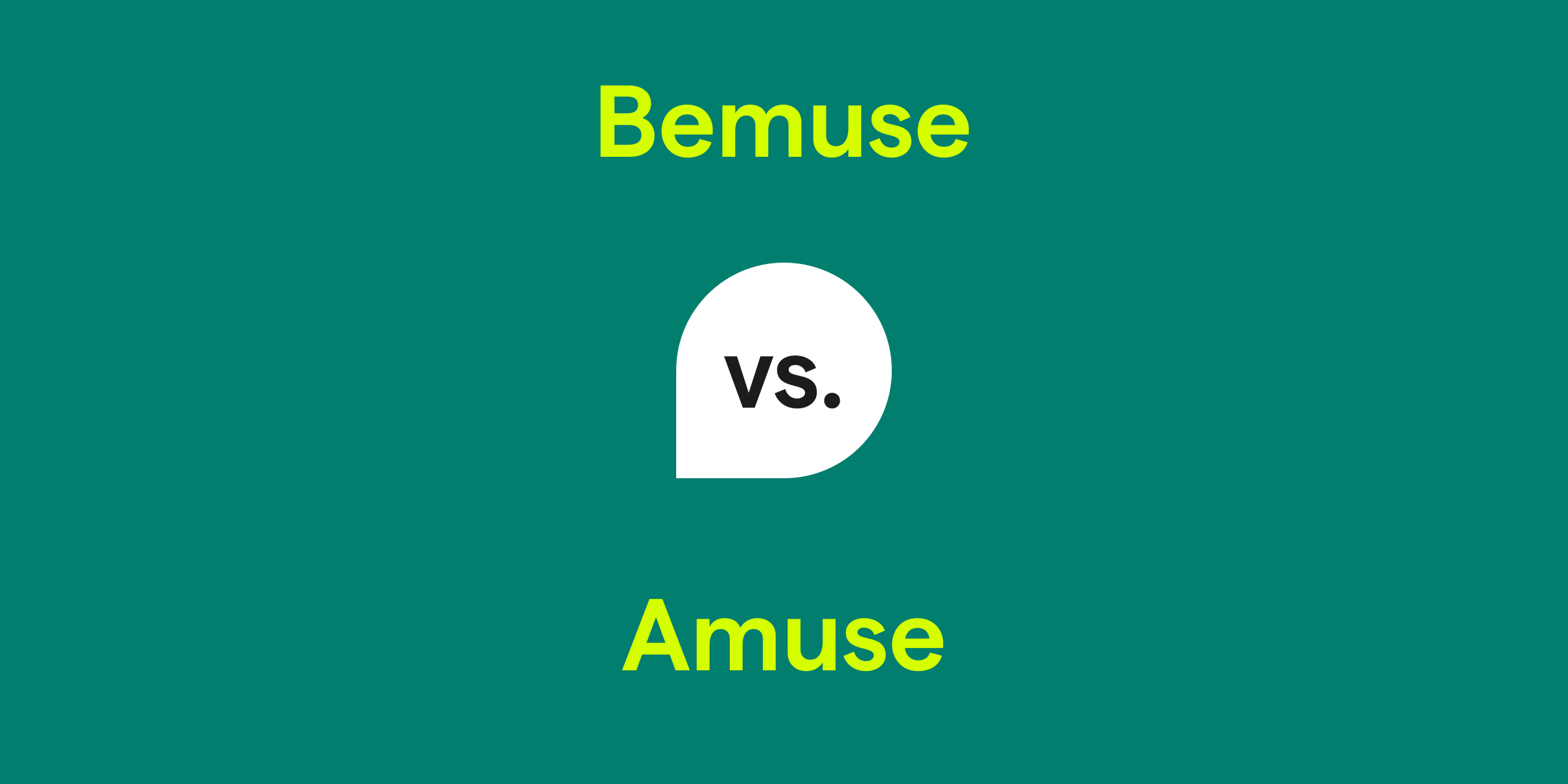Bemuse vs. Amuse: What's the Difference?
While both words relate to responses or feelings elicited in a person, bemuse and amuse have distinct meanings. Bemuse means to cause someone to be confused or puzzled, often leaving them in a state of deep thought. On the other hand, amuse refers to entertaining someone or causing them to laugh, typically providing enjoyment and light-hearted pleasure.

How do you use the word bemuse in a sentence?
Use bemuse when you want to convey that someone is bewildered or in a state of contemplative thought. It often implies a reaction to something that is confusing or slightly off-putting, albeit not entirely negative. The word suggests a kind of absorbed or musing confusion, rather than frustration or distress.
Examples of bemuse in a sentence
- Her abstract paintings often bemuse viewers, leaving them to interpret the myriad of colors and shapes on their own.
- The magician's performance was meant to amaze but instead it bemused me; I couldn't unravel the secret behind his tricks.
- His habit of answering questions with riddles always bemused his students, making them think harder than they expected.
How do you use the word amuse in a sentence?
Amuse is used when referring to actions that entertain or bring joy and laughter. It is often associated with light-hearted humour or charming activities that are meant to please. Amuse is perfect for situations where the intent is to delight or entertain someone casually and pleasurably.
Examples of amuse in a sentence
- The children were amused by the clown's antics and couldn't stop giggling throughout the act.
- I am always amused by my grandmother's stories; her sense of humour is timeless.
- To amuse myself during the long commute, I listened to stand-up comedy routines.
Bemuse and amuse definition, parts of speech, and pronunciation
Bemuse definition:
Bemuse is a verb that means to cause someone to be confused, bewildered, or lost in thought, often in a way that is somewhat amusing or ironic.
Bemuse parts of speech:
Bemuse pronunciation:
Bemuse is phonetically pronounced as /bɪˈmjuːz/.
Amuse definition:
Amuse is a verb that means to entertain someone, especially by humorous means, causing them to smile or laugh.
Amuse parts of speech:
Amuse pronunciation:
Amuse is phonetically pronounced as /əˈmjuːz/.
Bemuse is a verb that means to cause someone to be confused, bewildered, or lost in thought, often in a way that is somewhat amusing or ironic.
Bemuse parts of speech:
- Verb: The play intended to bemuse the audience with its unconventional storyline.
Bemuse pronunciation:
Bemuse is phonetically pronounced as /bɪˈmjuːz/.
Amuse definition:
Amuse is a verb that means to entertain someone, especially by humorous means, causing them to smile or laugh.
Amuse parts of speech:
- Verb: The comedian's job is to amuse the crowd with jokes and funny stories.
Amuse pronunciation:
Amuse is phonetically pronounced as /əˈmjuːz/.
Bemuse vs. amuse in a nutshell
In essence, bemuse and amuse differ in their impact on an individual. Bemuse is to cause confusion or thoughtfulness, often wrapped in an introspective or ironical tone. Amuse, meanwhile, is all about lighthearted entertainment and laughter. Remember, when you're bemused, you're scratching your head, but when you're amused, you're slapping your knee.
Get AI Writing Assistance Wherever You Type
Make sure your vocabulary is on point and every punctuation mark is in the right place, no matter where you’re working. Grammarly works across more than 1 million websites and apps so you can improve your writing without copying, pasting, or breaking focus.

More Commonly Confused Words
Interest piqued? Pore (not pour) over other commonly confused words to help your writing reach peak (not peek) performance.